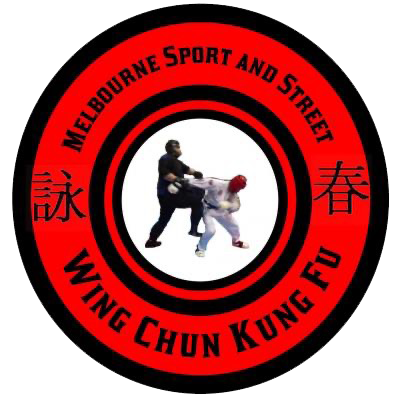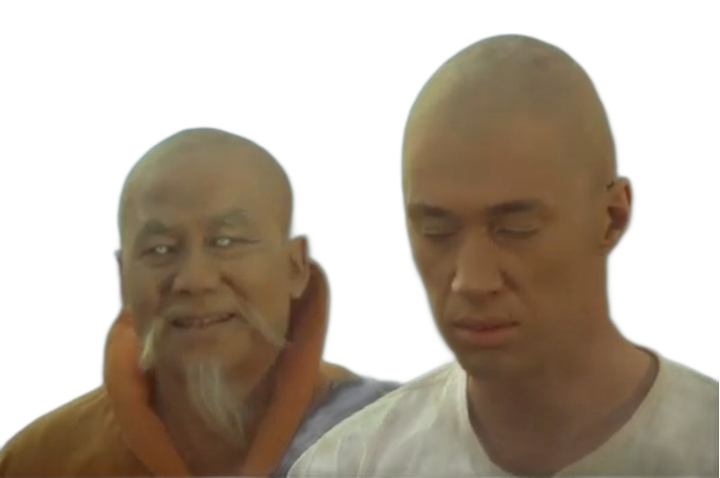What do you call a master of Wing Chun?
By Maurice Novoa a master under the Yuen Kay Shan, Ip Man and Pan Nam lineages.
Introduction:
Wing Chun is a traditional Chinese martial art known for its efficiency and practicality in combat. This ancient fighting style has gained popularity worldwide for its directness, simplicity, and emphasis on close-range combat techniques. In the world of Kung Fu a master is highly respected for their knowledge, skill, and contribution to the art. But what exactly do we call a master? In this article, we will delve into the origin, philosophy, training, and recognition of a master, exploring the significance behind their title.
Origin and Philosophy
This style of Kung Fu traces its roots back to the Qing Dynasty in China, where it was developed by the five elders of Shaolin and a Buddhist nun named Ng Mui. The martial art takes its name from Ng Mui’s first student, Yim Wing Chun. Its philosophy revolves around the concept of using an opponent’s energy against them, employing simultaneous attack and defense, and relying on economy of motion. These principles make the style a formidable martial art for self-defense and combat situations.
Training and Mastery
Becoming a master of Wing Chun requires years of dedicated training and practice. The journey begins with the learning of fundamental techniques, footwork, and hand positions. As practitioners progress, they advance to practicing forms, which are predetermined sequences of movements that help develop muscle memory and refine technique. Sparring, drills, and applications of techniques are also essential components of training. Mastery comes from consistent practice, refining skills, and understanding the underlying principles of the art.
Becoming a Wing Chun Master
To attain the title of a master, one must fulfill specific criteria. Experience and knowledge play a vital role in achieving mastery. Masters have typically spent decades refining their skills, honing their techniques, and accumulating practical combat experience. In addition to personal development, masters often have disciples or students whom they pass down their knowledge and skills, ensuring the preservation of the art for future generations.
The Title of a Wing Chun Master
In the world of Wing Chun, there are traditional titles used to address masters. The most commonly used title is “Sifu,” which means “teacher” or “master” in Cantonese. This term is used to show respect and honor to the individual who has reached a high level of skill and knowledge in Wing Chun. Apart from “Sifu,” other titles like “Sigung” (grandmaster) and “Sigung” (master’s master) are used to address highly revered and influential figures within the martial arts community.
Recognition and Influence
A Wing Chun master holds significant influence within the martial arts community. Their expertise and reputation extend beyond their immediate students or disciples. A respected master can have a profound impact on the development and growth of the style as an art form. Their teachings and contributions help shape the direction of the style and its continued evolution.
Notable Wing Chun Masters
Throughout history, there have been notable masters who have left a lasting legacy. Figures like Yip Man, who popularized Wing Chun and taught martial arts legend Bruce Lee, have played a crucial role in spreading the art to a global audience. These masters have made significant contributions to the development and preservation of the style, solidifying its place in martial arts history.
The Importance of Wing Chun Masters Today
In today’s fast-paced world, Wing Chun masters play a vital role in preserving the integrity and traditions of the art. They ensure that the essence of Wing Chun is passed down accurately and authentically to future generations. Masters also contribute to the advancement of the art by adapting teaching methods, exploring new applications, and incorporating modern training techniques while maintaining the core principles.
Wing Chun’s Impact on Personal Development
Beyond self-defense and combat, the style has a profound impact on personal development. The practice cultivates discipline, focus, and mental fortitude. The principles learned through the art can be applied to everyday life, promoting self-confidence, resilience, and adaptability. It serves as a pathway for individuals to develop physical, mental, and emotional well-being.
Wing Chun Masters in Popular Culture
The style has gained popularity through its portrayal in movies and media. Films like “Ip Man” have showcased the skills and techniques of Wing Chun masters, creating a global fascination with the art. The depiction of Wing Chun masters in popular culture has contributed to its recognition as a dynamic and effective martial art, further cementing its place in the collective consciousness.
Conclusion:
A master of Wing Chun represents the culmination of years of training, dedication, and expertise. They are respected figures within the martial arts community, responsible for preserving and advancing the art. Through their teachings, masters inspire students, promote personal growth, and contribute to the rich legacy of this traditional Chinese martial art.
FAQs
Q: How long does it take to become a Wing Chun master?
A: Becoming a master requires years of dedicated training and practice. The duration varies depending on the individual’s commitment, talent, and training intensity.
Q: Can Wing Chun be learned without a master?
A: While it’s beneficial to learn under the guidance of a skilled master, there are resources available for self-study. However, learning directly from a master allows for personalized instruction and correction, enhancing the learning experience.
Q: Is Wing Chun effective in real-life self-defense situations?
A: Yes, It’s practical and efficient techniques make it effective in real-life self-defense situations. Its focus on close-range combat and simultaneous attack and defense provides practical skills for personal protection.
Q: How can Wing Chun benefit my personal development?
A: It cultivates discipline, focus, and mental resilience. It promotes physical fitness, self-confidence, and the ability to adapt to challenging situations, positively impacting personal development.
Q: Can Wing Chun be practiced by people of all ages?
A: Yes, It can be practiced by people of all ages. The techniques can be adapted to accommodate different physical abilities and fitness levels, making it accessible to a wide range of individuals.

